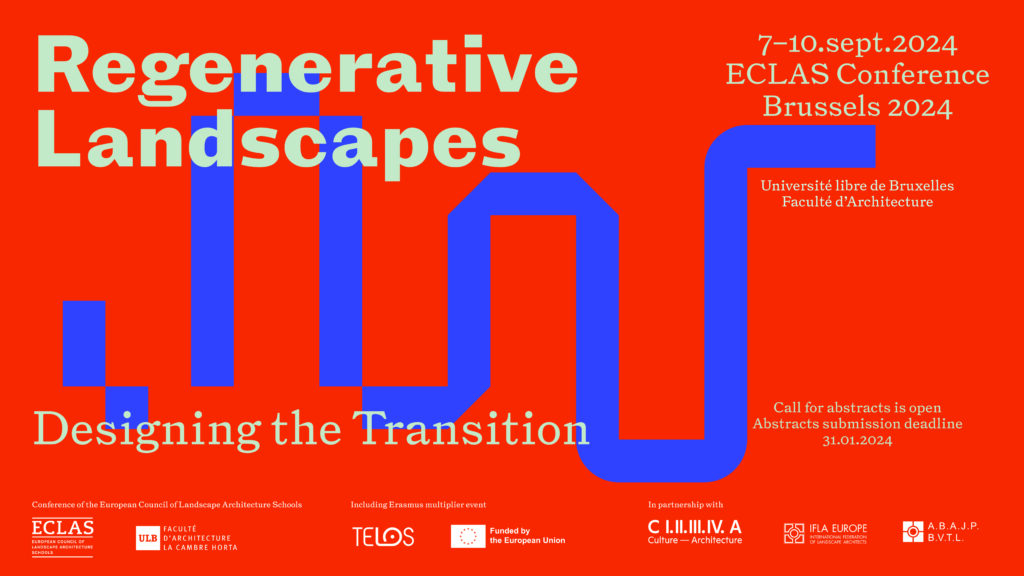“Constructed Natures: Shaping Ecology through Landscape Design”
The current challenge for sustainability calls for ever wider answers, which cannot be limited to a mere technical and scientific discourse. Decisions for a new global-scale ecology require steps that necessarily places all actions also in an aesthetic, ethical, and meaningful dimension, even if the positivistic scientific discourse about nature often tries to overshadow these concerns on landscapes.
Landscape architecture has always been placed in a dialectical posture between ecology and society. It interprets the relationship between culture and nature and, even in its most abstract or artificial expressions, is aimed at building conditions of wellbeing aimed at society as regards its reference habitats.
While von Humboldt and Haeckel built the fundamentals of ecology, in parallel, Olmstead and others founded a discipline that, ever since, has shaped and given form to ecology through design, also defining new physical and orientation focuses for societies.
Although the speed of the twentieth century has sometimes separated the design and planning discourses from the scientific one, a crisis in modernity and a rethinking of this approach have already emerged since the post-war period. The motto “Design with nature” was a common basis from which many different lines of design action were built. Thus, today, environmental quality has become a necessary condition for any intervention on landscapes, to construct new forms of natures as a response to current challenges. Overcoming any distinction between urban and non-urban, creating more and more projects for parks, gardens, public space, and green infrastructures, landscaping for abandoned areas and infrastructures, as well as coming up with proposals for rural and natural areas are focused on a sustainable approach balancing representation of contemporary, everyday life, use of resources, and conservation for the future. Constructed natures of landscape architecture represent more than a system of solutions. They are virtuous action and processes that reconnect human transformations to environmental systems, from small interventions up to the planetary dimension.
The main aim of the “Sustainability” Special Issue is to overcome this dichotomy and highlight the added value of the landscape project in the context of attention to sustainability. We hope that multidisciplinary groups will want to present contributions that combine different approaches to human–environment interaction and sustainability in order to address these issues across different regions all over the world.
Find more information here: https://www.mdpi.com/journal/sustainability/special_issues/Constructed_Natures_Shaping_Ecology_Landscape_Design
